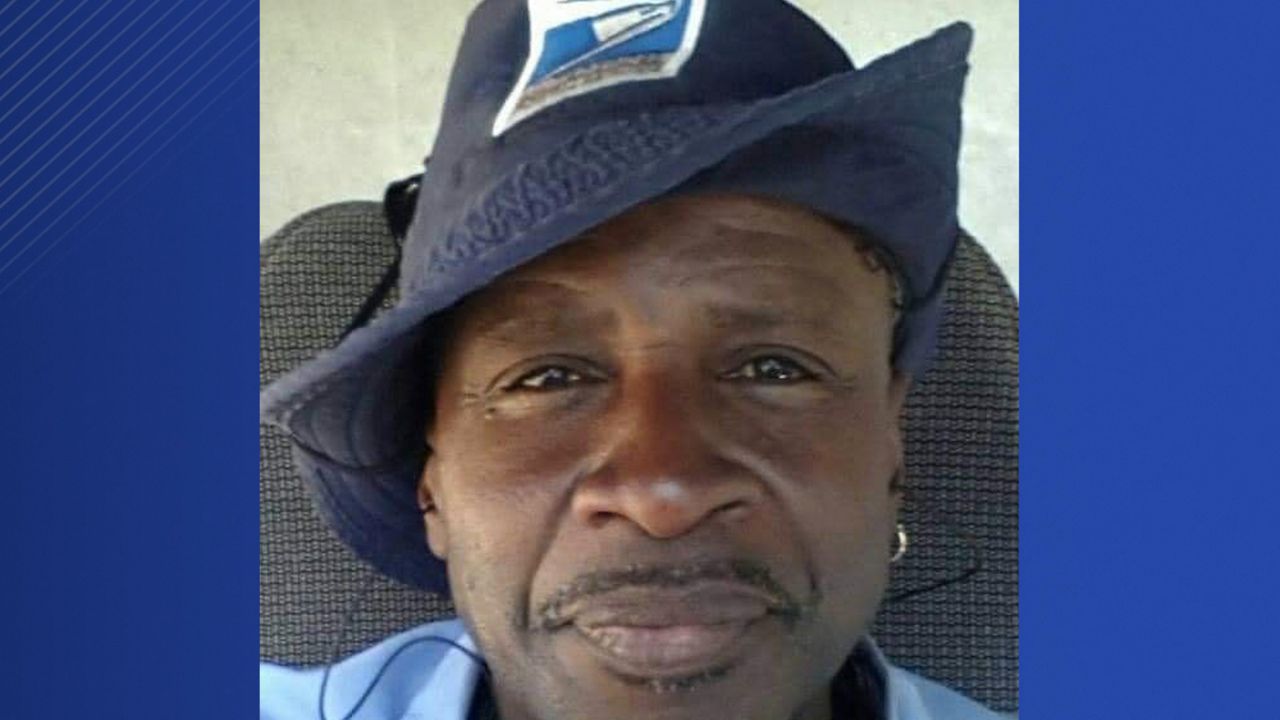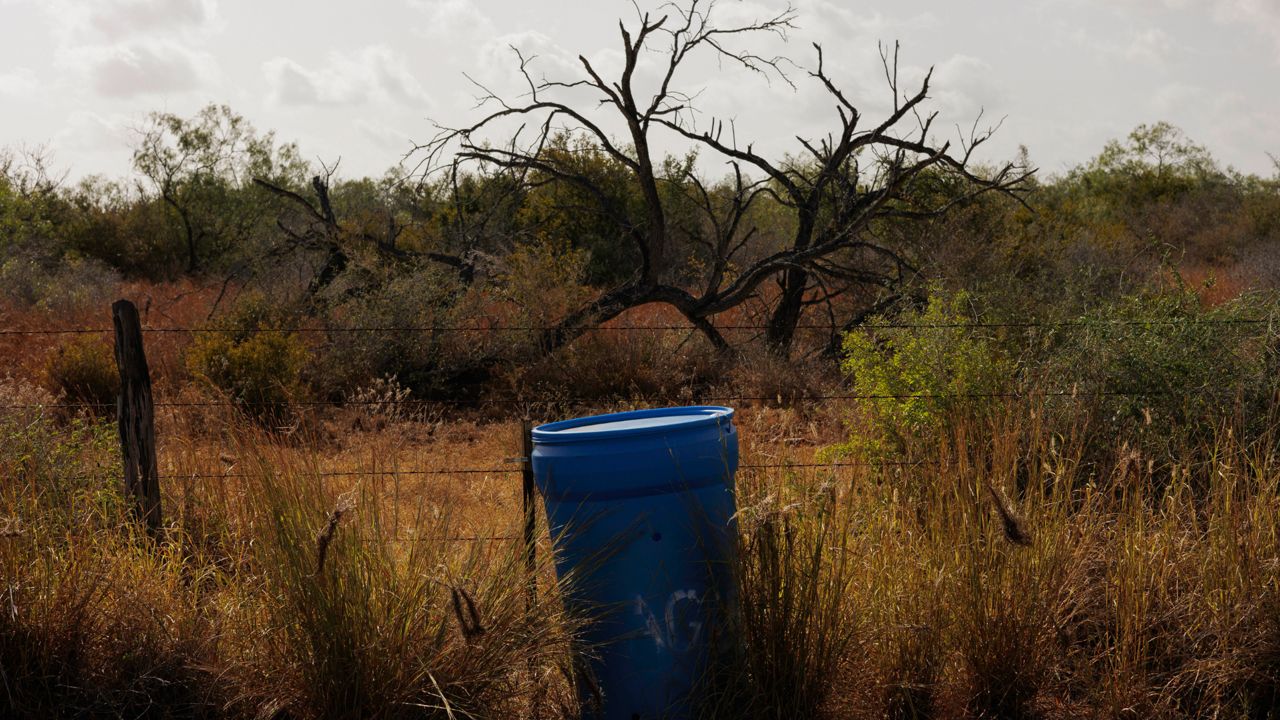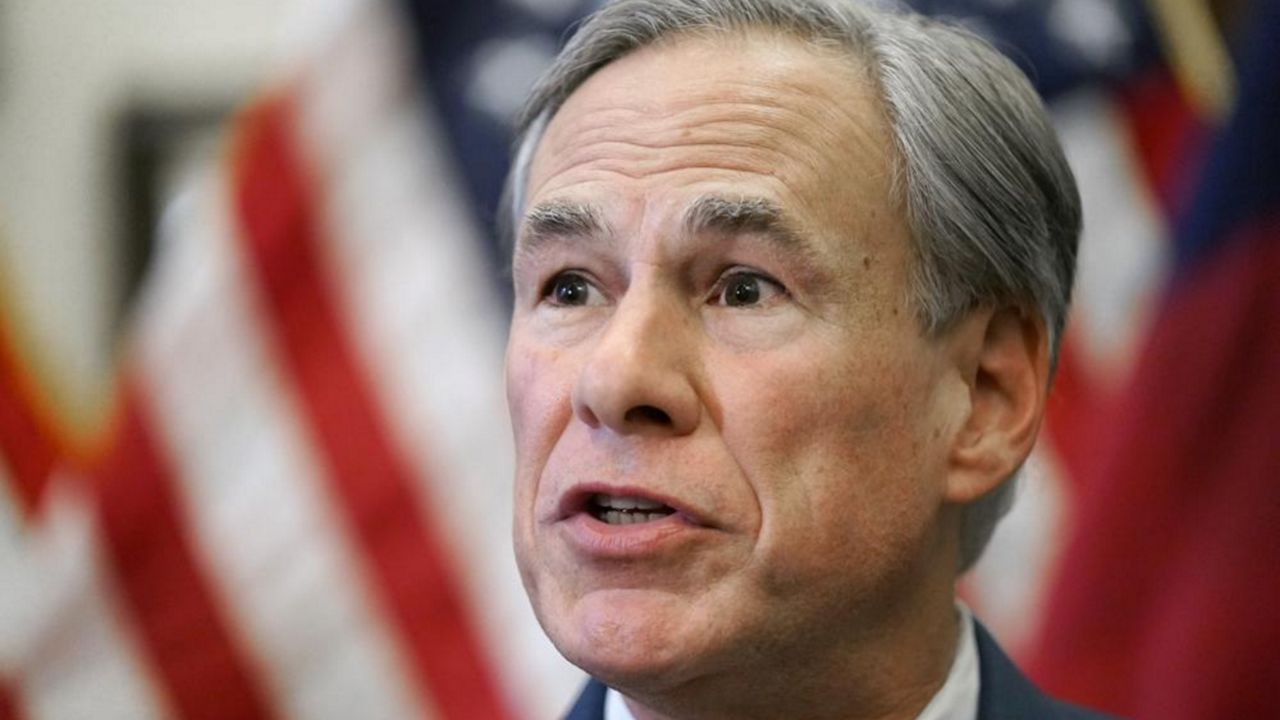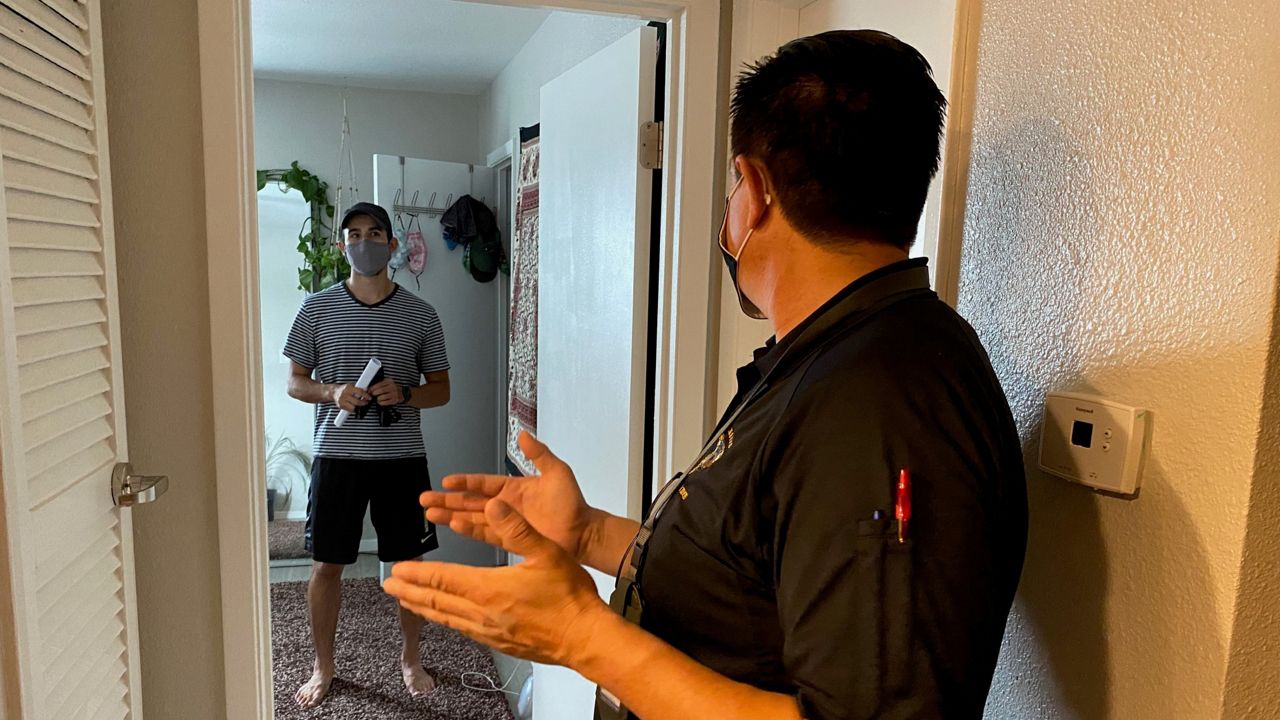AUSTIN, Texas — Addressing the state’s infrastructure is a top concern for state lawmakers. There is a lot of finger-pointing at the Electric Reliability Council of Texas (ERCOT) but critics believe they are not the only ones who need to be scrutinized. Some lawmakers and even energy experts say the whole system - from the wells to the consumer - needs to be under review and so does current state law.
The state’s grid operator is taking heat for the deep freeze that left millions of Texans in the dark, but ERCOT was not the only organization that was warned to winterize.
An August 2011 report from the Federal Energy Regulatory Commission and the North American Electric Reliability Corporation found “the single largest problem during the cold weather event was the freezing of instrumentation and equipment.”
READ MORE | Texans Can Start Applying for Federal Aid to Cover Uninsured Winter Storm Damages
That year, the Texas Legislature mandated a separate study which came out in 2012 and said “failures in both freeze protection equipment and processes played a significant role in the weather-related capacity shortages.” Another federal report in 2014 recommended the state to “review and update power plant weatherization programs.”
“I don't think we can scapegoat ERCOT and say if we'd had different people in those leather chairs, we would have a different result. Now, we do need to investigate what ERCOT did and whether it functioned properly, but it's got to go across any agency that touches the power infrastructure,” said Democratic state Sen. Nathan Johnson, who represents the 16th district.
Johnson, who is vice-chair of the Senate administration committee, said he believes it is too early for anyone to take full responsibility; he said the Legislature would be remiss to not look into the Railroad Commission of Texas, which regulates the state’s oil and gas industry.
RRC officials did not directly answer Capital Tonight’s questions about their winterization standards but said they have been proactive and responsive to the storm.
Commissioners passed an emergency order on February 12 to prioritize natural gas deliveries to homes, hospitals, schools, and churches.
“The agency was in contact day and night with energy producers, pipeline operators, and electric regulators to provide the support they need for natural gas deliveries to help Texans,” spokesperson R.J. DeSilva said. “The RRC also issued a notice to oil and gas operators urging companies to monitor and maintain operations as safety permits.”
He said the commission also communicated with state departments to get roads cleared and power back on. Last week, they issued waivers to allow for more alternative fuels to enter the state and began discussions to help reduce consumers’ high utility bills.
“We’ve got to at least put in place things that incentivize the participants in the industry to do things that might not be all that convenient, that might not be cheap, that might not be easy, that might not always be profitable, that might be just contingencies. Just a simple hands-off approach is not going to get that done,” Johnson said.
Bruce Bullock, director of the McGuire Energy Institute at Southern Methodist University, said as far as investigations go, the Texas laws that set up ERCOT should be looked at.
“It’s certainly going to include the Public Utility Commission, and they're responsible for oversight over ERCOT to begin with, and they, you know, they've gotten away this week without a lot, a lot of scrutiny,” he said.
Bullock said, however, what the PUC and ERCOT can do is limited by the state Legislature.
“They're the air traffic controller, if you will, of power in the state in terms of getting it from the generators, directing it to the appropriate transmission line, if you will, and eventually to the consumer. The reliability function and mandating those kinds of standards and so forth from a legal standpoint, it's unclear whether or not they have a statutory authority to do that right now,” Bullock said.
He said it might mean lawmakers will also have look at themselves in the mirror.
State Sen. Johnson told Spectrum New 1 he believes this time around lawmakers will be serious about change.
“We're gonna see a much greater legislative will this time because we've already been through this in 2011, but it was at a smaller scale. This is way worse than that and we knew better. So I don't think there's any way that we can get away with doing anything other than something really substantive,” Johnson said.
In a statement, a PUC spokesperson said:
“The commission fully supports Governor Abbott's decision to declare the ERCOT grid event an emergency item and is committed to fully participating in the resulting legislative inquiry including testimony in all associated hearings and dutifully responding to all follow-on legislative direction.”











